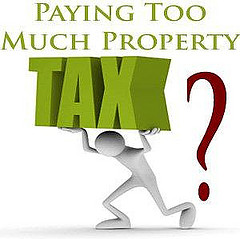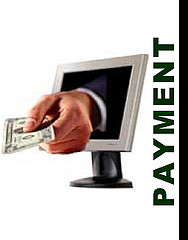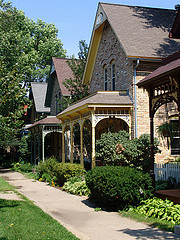Do you want to update or change the name on your Mumbai property tax records? It is something you can easily do via the MCGM portal. You can expedite the process using our thorough guide, which covers everything from obtaining the necessary information to utilizing the portal. Continue reading to find out how to register, log in, and change your name in property tax records on the MCGM portal.
Concerning the MCGM portal
Residents of Mumbai can pay their property taxes online through the Municipal Corporation of Greater Mumbai (MCGM) portal. On the MCGM website, property owners in the city can also conveniently access and review their property tax details, compute the tax amount and make online payments. This easy-to-use portal streamlines the entire tax payment process for residents and provides essential information on property tax exemptions and regulations.
How can I sign up and access the MCGM portal as a user?
The following instructions will walk you through the process of creating an account and logging in to the Municipal Corporation of Greater Mumbai (MCGM) portal:
Step 1: Go to the MCGM website.
Step 2: To register as a new user, the current or new users should click “For Citizens” on the homepage, as shown below.
Step 3: A drop-down menu allowing new and existing users to register will show up when you hover over the “For Citizens” tab. Under “Pay,” pick the “Property Tax” option.
Step 4: Click the “Skip” button when the “Timeline for updating property records” image appears.
Step 5: The “Citizen Portal Services Property Tax” will be the destination for new and returning users.
Step 6: The new user will select “KYC non-reg. User” from the homepage. The BMC User Login is exclusively for BMC employees; the current user, however, will choose “Citizen Login.”
Step 7: The current user will click “Login” after entering the “Captcha” and “Property Account No.” They’ll have to go to the dashboard where the current user can use the MCGM portal’s services. The new user will select a category, choose the file document, and click “Submit” after entering their “Property Account Number,” “Name,” “Email ID,” and “Mobile.”
The user’s newly registered mobile number will receive an OTP. The new user will enter the OTP in the box in the subsequent step during the last stage of user registration on the MCGM portal. After registering on the MCGM portal, they can promptly check and pay their property tax in Mumbai. Let us now examine the process of updating the property tax name on the MCGM portal.
How can I update my name on the MCGM portal for property taxes?
There are two ways you can use the MCGM portal to change your name for property taxes:
| Modify the name in Mumbai property tax through the SRO office | Modify the name on the MCGM portal for property taxes. |
| It will be necessary for the applicant to visit the Sub-Registrar’s office to change the name of the property tax in Mumbai. SMS, email, or postal notification will arrive to the applicant. | The change of property tax name through the MCGM portal is only applicable in recent cases. |
| From the date of the request, the alteration will occur within three working days. |
In conclusion, Mumbai residents can pay their property taxes quicker and effectively thanks to the MCGM portal. Mumbai residents can manage their property dues with the help of this portal, which allows them to update property details, calculate tax amounts, and change names.




